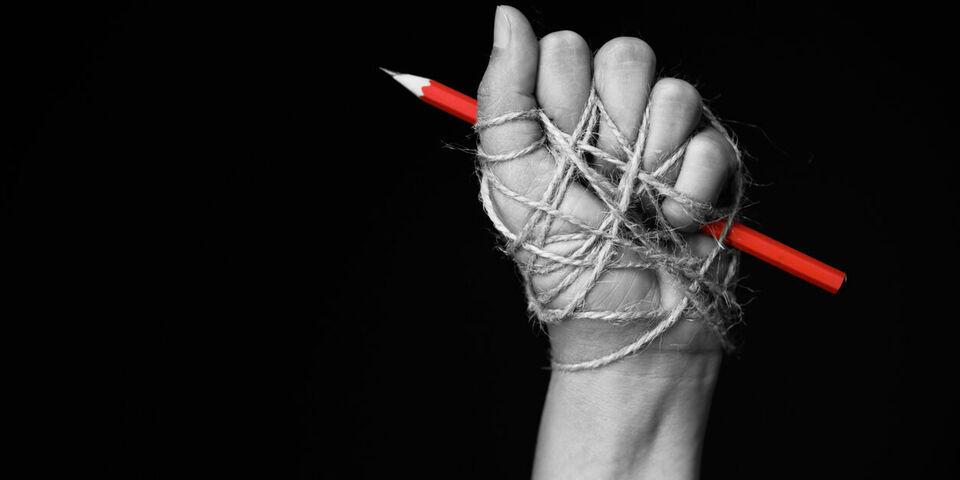Since March, Delft University of Technology (TU Delft) has received criticism because of problems relating to social safety. The executive board had been reprimanded by the Inspectorate of Education over an alleged case of ‘mismanagement’.
And then the editorial office of university magazine Delta was forced to take an article about social safety offline in April. Legal threats did not only come from a former director, but also from the university itself.
Fear
The thorough article won an award of the Circle of Editors-in-chief of media in higher education. It described how a poorly-functioning director of the Innovation & Impact Centre had to leave and a duty of confidentiality was imposed on staff members.
At first, the article also included the director’s name. Following swift legal pressure from this man, it was removed that same day, reads a commentary by editor-in-chief Saskia Bonger. Removing the name might not have been necessary, but it’s uncertain what takes priority in a case like this: the right to privacy or freedom of press and societal interest.
Meanwhile, TU Delft’s legal department sent a summons of its own, writes Bonger, because Delta had cited from confidential documents. “If the article was not taken offline by 5:00 PM, TU Delft would claim any damages from me personally as the Editor in Chief.”
No guarantees
That evening, the executive board didn’t give any guarantees that it would support Delta out of principle and that the editors wouldn’t receive a claim for damages. “Delta thus had little choice but to take the article offline around 8:00 PM”, the explanation reads.
This caused a lot of indignation, with critics feeling that the freedom of press in higher education was once again in danger (after previous incidents at other media). The TU Delft board apologised, but didn’t offer the editorial office its unconditional support.
Before that, it was necessary to seek independent legal advice on the right to freedom of press versus the duty of confidentiality of staff members. This revealed that the journalists of Delta were allowed to publish the article after all, which has now been done.
Support
Bonger hopes for more trust and transparency at the university. “We still have to deal with complicated working situations every day as information is hard to obtain, there is still often a lack of transparency, and because colleagues cast doubts on our personal integrity and methodology.”
But the editorial office has also received a lot of support and trust, for which Bonger thanks the reader. “We will do our best every day to continue to earn that trust.”


Discussion